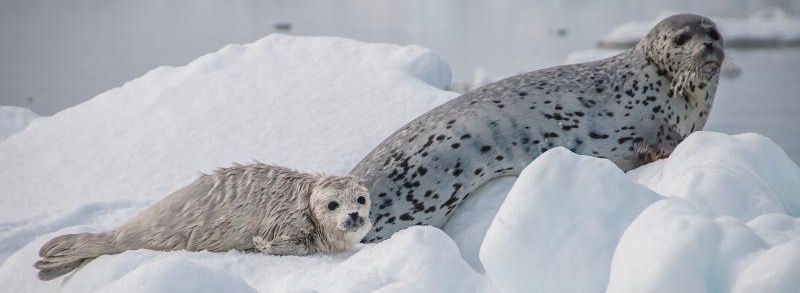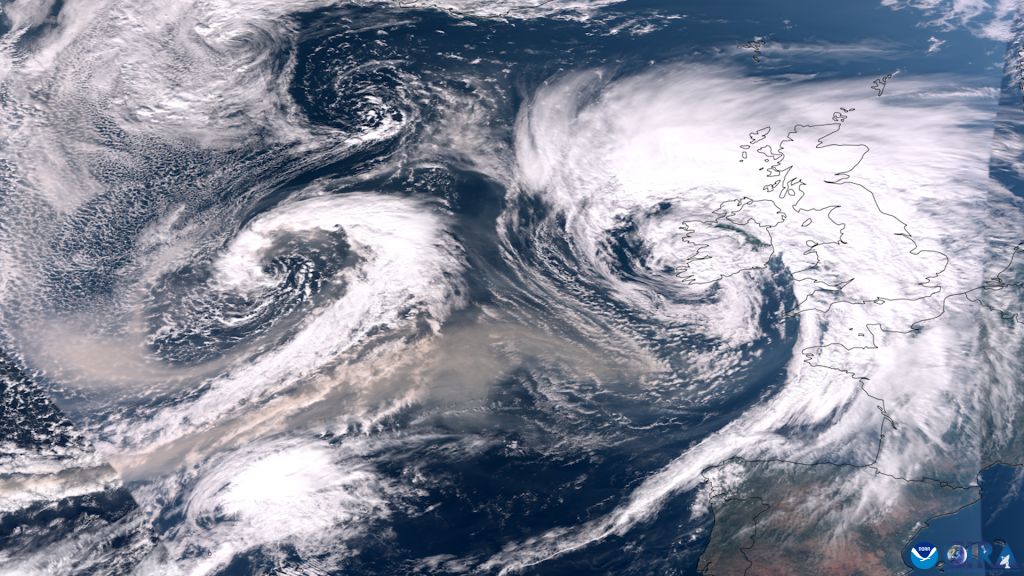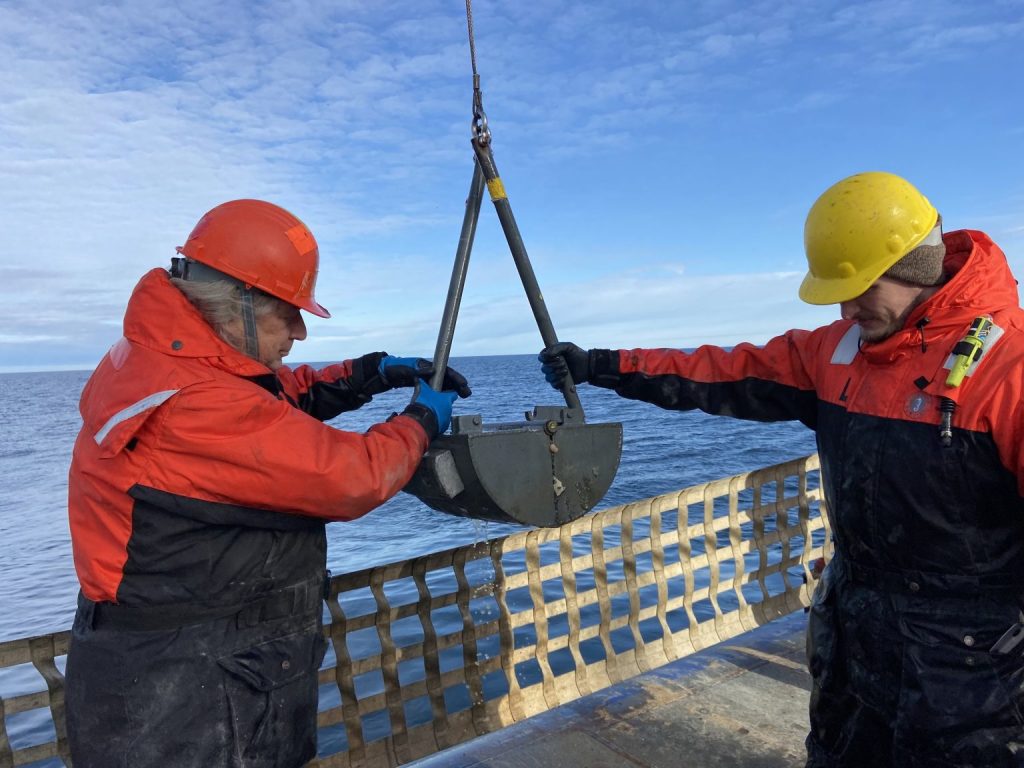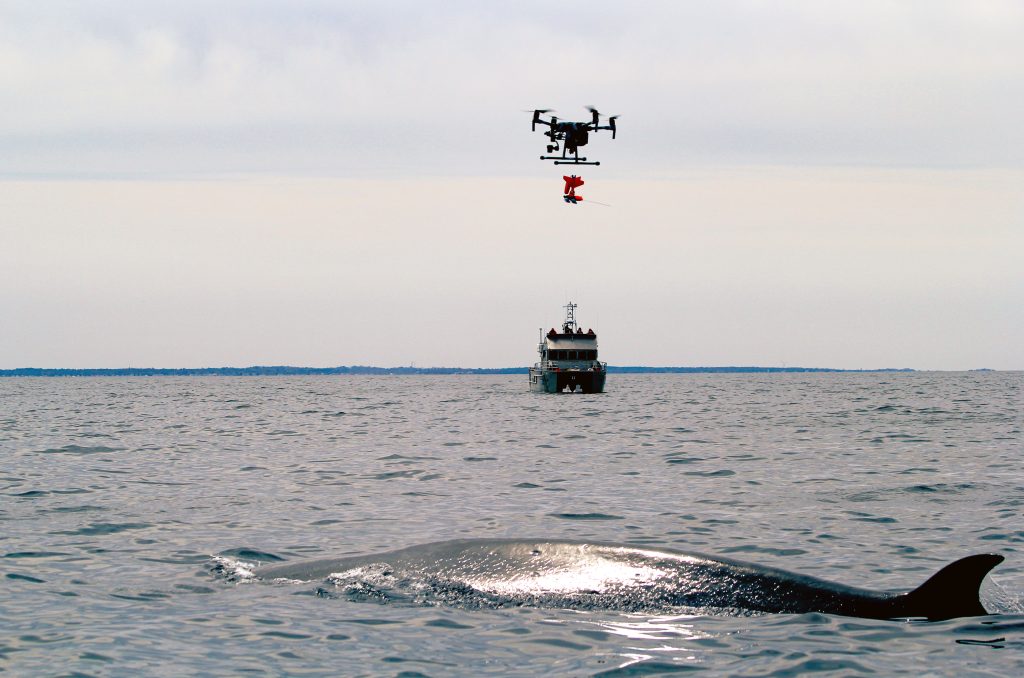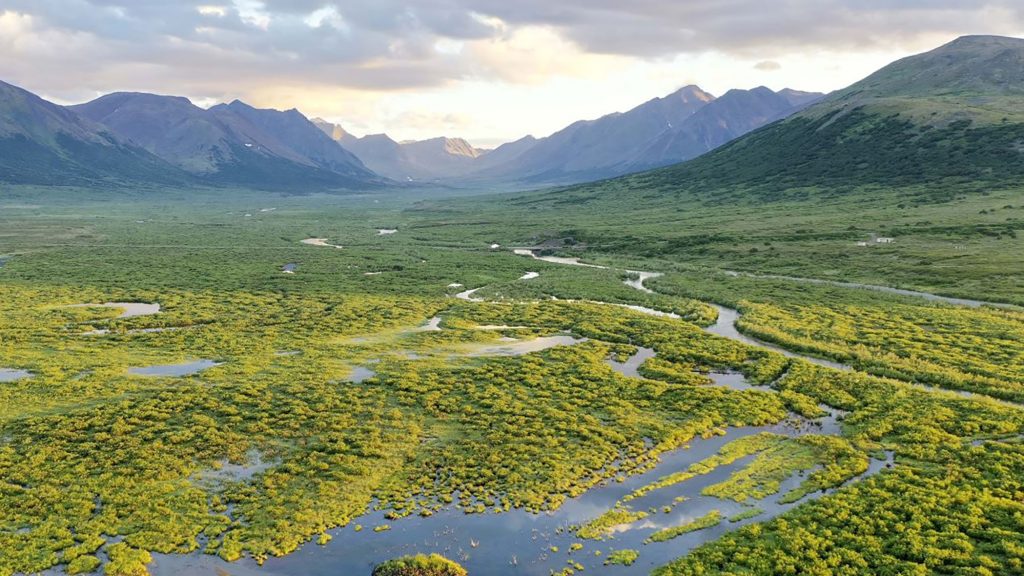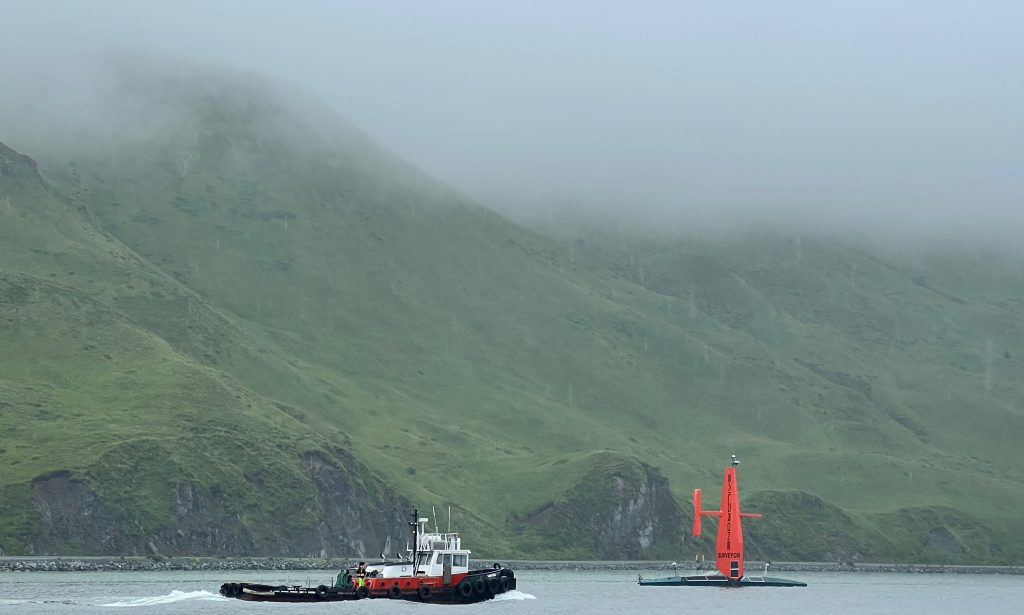Cascade of extreme events transforming Bering Sea, challenging communities
Unprecedentedly low sea ice cover in the northern Bering and Chukchi seas during back-to-back winters from 2018 to 2019 caused a cascade of impacts that […]
Cascade of extreme events transforming Bering Sea, challenging communities Read More >
